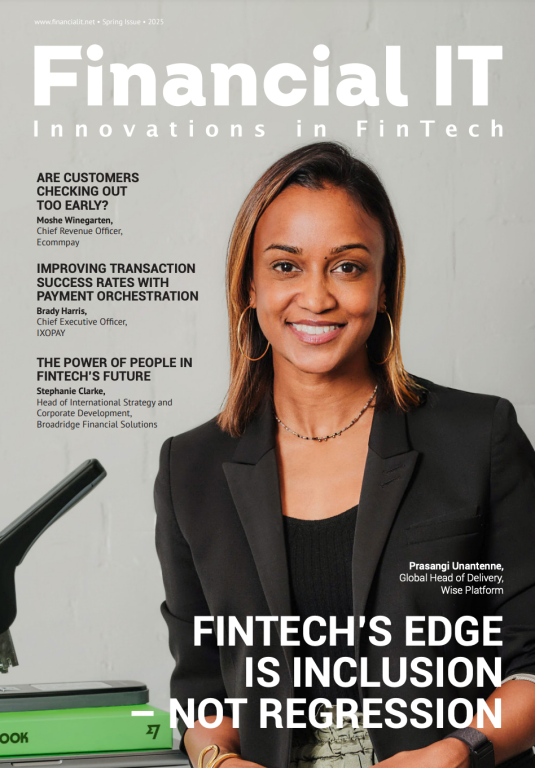Payments transformation: are the banks ready to compete?

- Bruce Jennings, International Strategy Development Director at FIS
- 01:00 am payments , mobile wallets
When it comes to innovation in financial services, the payments sector is leading the way. The widespread adoption of new technologies has completely changed the way we are able to make payments – from NFC and contactless cards to Pingit and mobile wallets. Recent research from Pinsent Masons suggests Paypal poses a bigger threat to the high street giants than challenger banks. As customers increasingly embrace these new methods, could banks be well placed to capitalise on payments transformation?
The buzz surrounding the sector, fuelled by powerful new entrants entering the fray, has led some to see slick new payment options as a competitive differentiator. In that sense, banks may have an advantage: they possess an existing infrastructure that backs up the necessary fundamentals of scalability, trust, security, reliability and performance. However, this requires a robust, cost-effective back-end that is equipped to support front-end innovation. Focusing on front-end also means banks pit themselves against dozens of nimble, innovative new challengers and competitors.
A need for fast, reliable, secure payments, 24 hours a day, is creating more pressure than ever before. The UK has been a leader through its implementation of the Faster Payments service. Despite the challenges for banks having to adjust to a system that is straight through and always on, consumer adoption is driving the industry to find new ways to apply it to everyday payment needs. Sweden and Singapore are amongst others who have also gone live with comparable systems – with the US and other Eurozone countries lining up. This represents a new frontier – a widespread ability to make account-to-account transfers in near real-time, and open up opportunities to generate new revenue streams.
But challenges remain. Settlement and liability across different jurisdictions are obstacles, while fraud and AML checks also become more difficult with real-time payments. The journey to instant payments with reasonable costs on a global scale will be a long one – and will likely still face consumers and businesses with the choice of paying a premium for immediacy in cross-border payments. In the mean-time, the likes of Apple (mobile OS owners), Uber (focused service app owners) and the multiplicity of social network providers own the mobile user experience.
In this increasingly competitive space, banks may in fact be better placed to provide the necessary building blocks to these service and payments providers, aligning their services to their core competencies, partnering with service and payment providers to offer workable and cost effective consumer solutions. And for those that do compete head on, speed will be the name of the game. In a recent FIS webinar, nearly half (49%) of attendees cited ‘simplicity and speed’ as banks’ key competitive advantages in payments – ahead of security, reliability and innovation. But equally, a lack of one of these latter attributes would create a competitive disadvantage. Only time will tell whether the banks are up for the fight, and indeed, which battles they chose to fight.




















